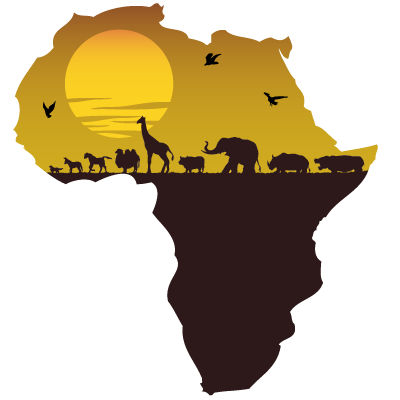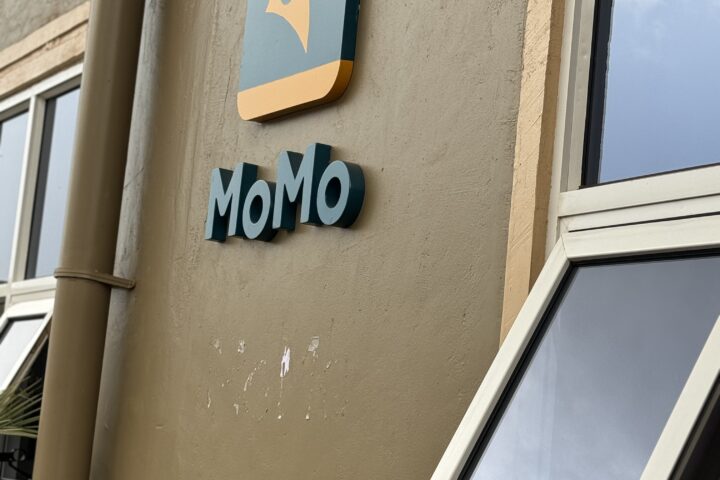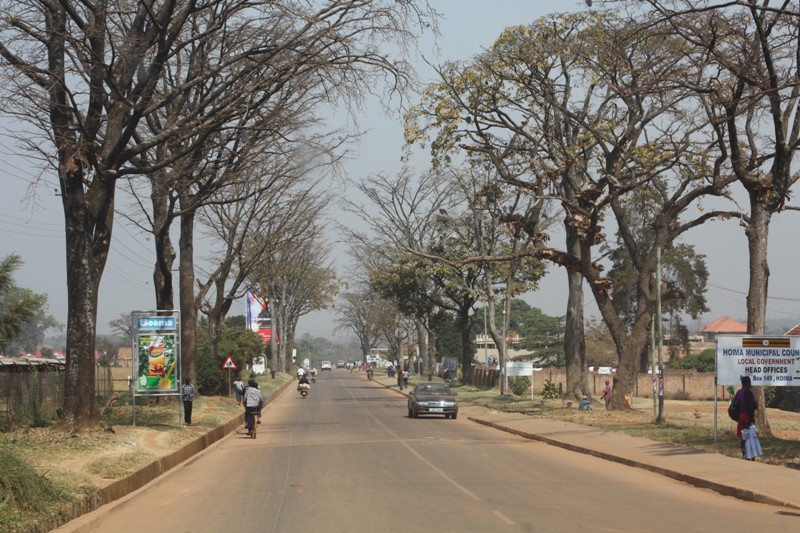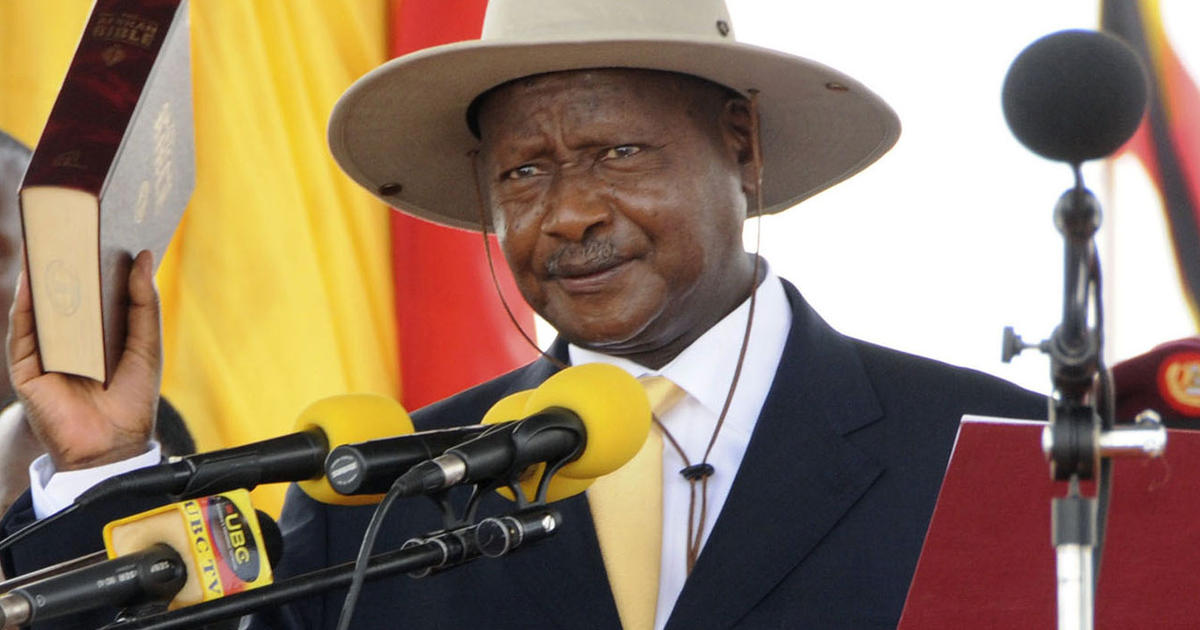For those who missed me while i settled in my temporary home in Washington, am back. A little cold is catching this town but i find rather Americans tend to sneeze to the name of China a lot nowadays. On that question: is China good for Africa? We will return but i thought the comments below on whether money can solve the continents problems was a good way to enter the argument.
The problem in Africa has never been lack of money, but rather the inability to exploit the African mind. Picture a banana farmer in a rural African village with a leaking roof that would cost $100 to fix. If one purchased $100 worth of his bananas, the farmer would have the power and choice to determine whether the leaking roof is his top spending priority. On the other hand, if he is given $100 as a grant or loan to fix the roof, his choice would be limited to what the owner of the big money views as a priority. Out of 960 million Africans in 53 states, there are innovators and entrepreneurs who, if rewarded by the market, will address the challenges facing the continent.
If money was the key to solving problems, banks would send agents on the streets to supply money to afflicted individuals. But banks only offer money to individuals who successfully translate their problems into opportunities. A $7 million British compensation to 228 Samburu herders in Kenya in 2002 did not stop them from turning into paupers by 2007. Money in itself is neutral. Big money viewed as capital has led strategists (who depict Africa as trapped in a cycle of poverty) to argue for massive inflows of money as the only means of escape from poverty. Viewing money as a receipt for value, a creation, and a resultant effect of exchange between different parties offers a chance to translate African problems into opportunities.
As Lord Peter Bauer aptly pointed out, “Money is the result of economic achievement and not a precondition.” How can Africans engage in activities that will lead to economic achievement? The key is to transform the mindset of the 50% of the African population below age 20 to focus on turning African problems into opportunities. In Africa today, there are entrepreneurial opportunities to feed an estimated 200 million hungry people, kill billions of malaria causing mosquitoes that threaten the lives of an estimated 500 million, and develop infrastructure.
Africa has enormous capital in the form of natural resources that include oil, hydroelectric power, diamonds, uranium, gold, cobalt, 70% of the world’s Coltan and 34% of its cassiterite. Coltan and cassiterite are strategic in the production of cell phones, laptops, and other portable electronic products. If Africans employed the power of reason, the global cell phone industry that churns out 25 cell phones per second would provide a huge source of revenue for respective countries; thereby widening their menu of choices.
Focusing on the African human mind as capital will help translate resources into wealth, thereby helping to solve Africa’s problems. Money’s usefulness and value will only spring from rational responses to the challenges that face the continent through exchange of products and services at the village, national, continental, and international levels.
James Shikwati is the founder and director of the Inter Region Economic Network and CEO of The African Executive business magazine. This article is available on this link
http://www.templeton.org/questions/africa/essay_Shikwati.html










